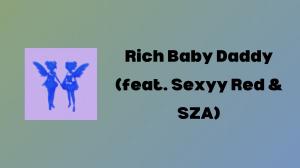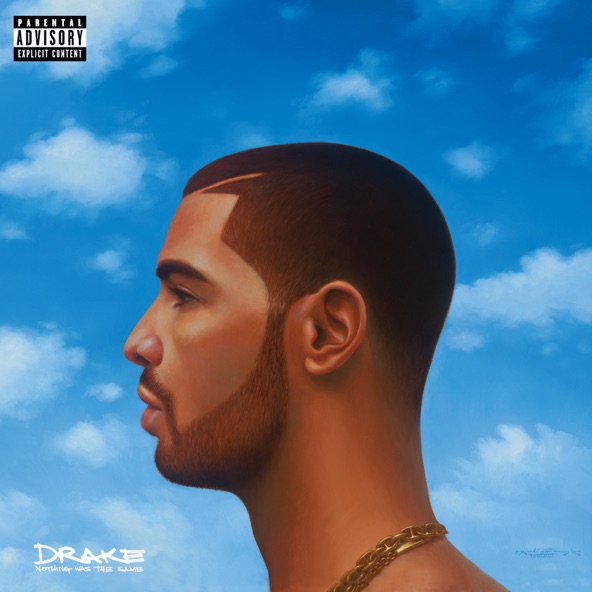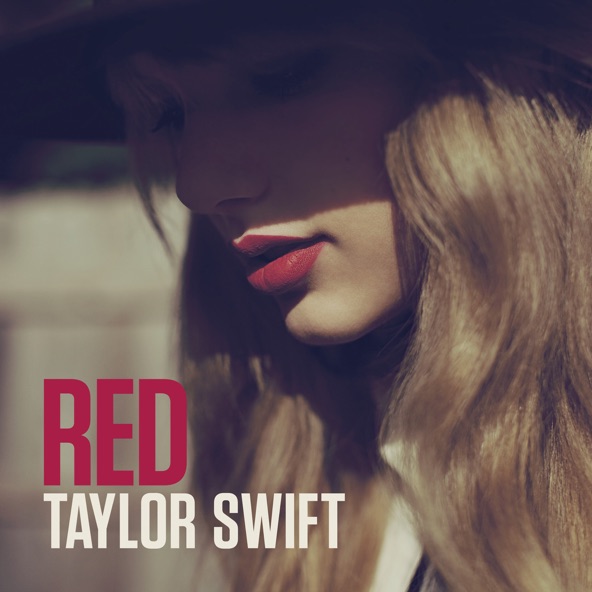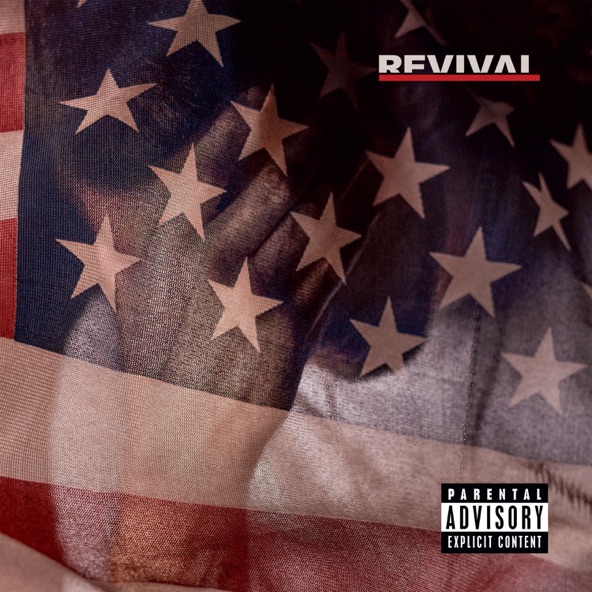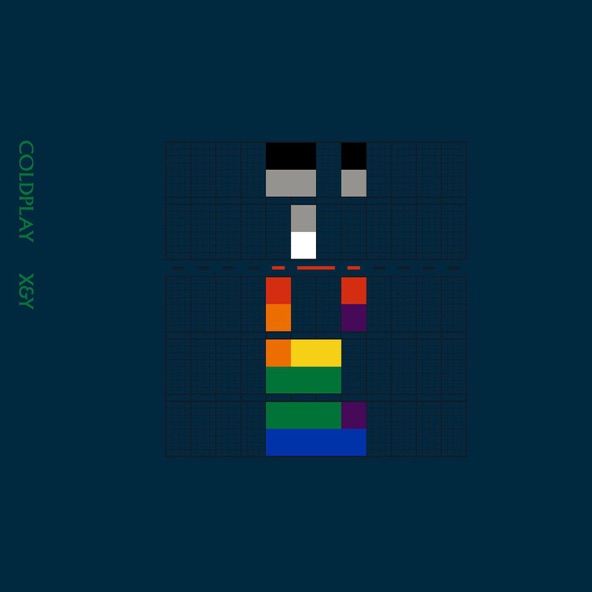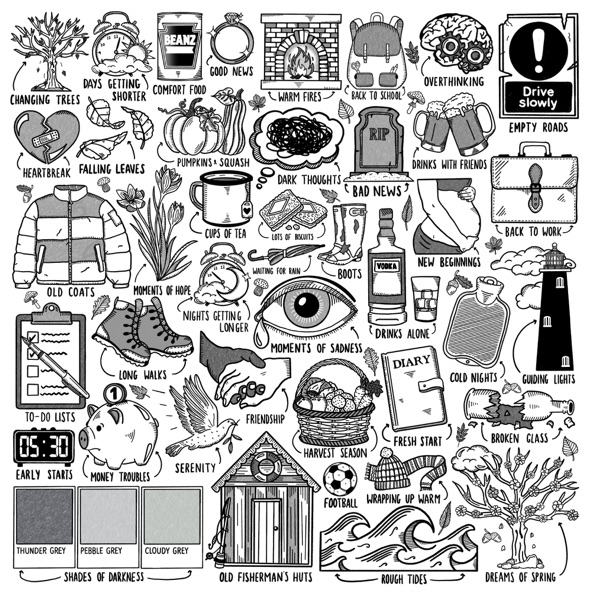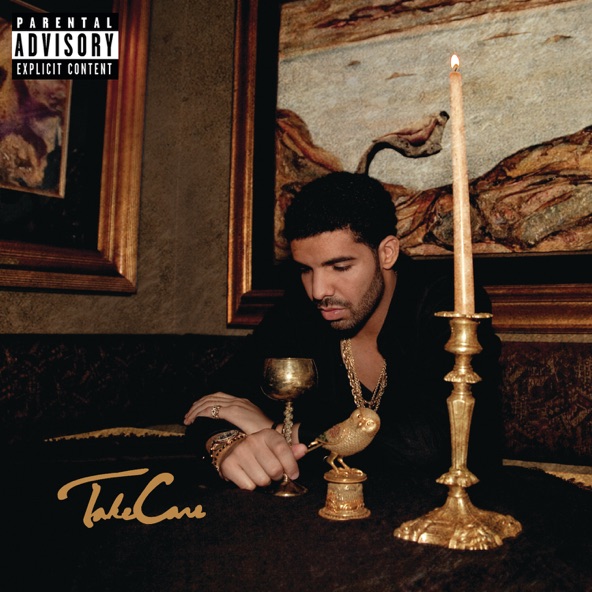Decoding the Allure of Lana Del Rey's "National Anthem"
Introduce the Artist: Lana Del Rey
Lana Del Rey, born Elizabeth Woolridge Grant, has become a defining voice in contemporary music, known for her nostalgic Americana themes and cinematic soundscapes. Emerging from the indie scene, she gained significant attention with her 2011 breakthrough single, "Video Games." Since then, her unique blend of pop, rock, and baroque influences has captivated listeners worldwide. Del Rey's artistry often reflects her fascination with the darker sides of love, fame, and American culture, which is perfectly encapsulated in her song "National Anthem."
Released as part of her second studio album, Born to Die, in 2012, "National Anthem" showcases Del Rey’s signature style—melancholic yet glamorous, infused with a sense of longing and nostalgia. The track is a commentary on love, wealth, and the American Dream, framed within the context of a passionate romance. Through its lush production and evocative lyrics, "National Anthem" invites listeners to explore the complexities of modern love against a backdrop of cultural icons and historical references.
→→ Click to learn more about Lana Del Rey's song lyrics
The Creation Background of "National Anthem"
"National Anthem" was co-written by Lana Del Rey and Justin Parker, embodying the themes of patriotism and the quest for love in a society often dominated by wealth and status. The song was released as part of the promotional campaign for Born to Die, which quickly became a commercial success, solidifying Del Rey’s place in the music industry.
The music video for "National Anthem," directed by Anthony Mandler, adds another layer to the song's narrative. Featuring Del Rey as a glamorous yet tragic figure, the video portrays her as a modern-day Jackie Kennedy, romantically involved with a character reminiscent of John F. Kennedy. This visual representation amplifies the song's themes of idealized love set against the grandeur and turmoil of American history. The juxtaposition of love and tragedy resonates throughout the lyrics, reflecting Del Rey’s ability to blend personal emotions with broader societal commentary.
Lyrically, "National Anthem" speaks to the juxtaposition of desire and despair, a motif prevalent in Del Rey's work. Lines that reference a life of luxury and the allure of fame highlight the seductive nature of the American Dream while simultaneously exposing its underlying emptiness. The song's chorus—“It’s a love story for the new age”—captures this dichotomy, inviting listeners to reflect on the complexities of modern relationships within the framework of contemporary culture.
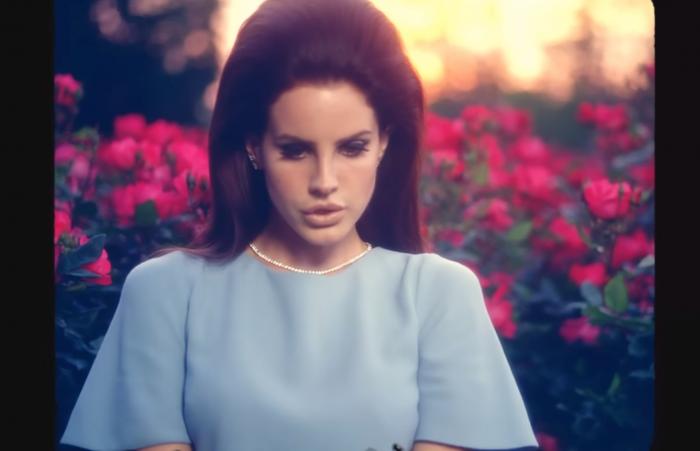
- Lana Del Rey in National Anthem music video (Image: YouTube)
Detailed Lyrics Analysis of Lana Del Rey's "National Anthem"
Lana Del Rey's "National Anthem" is rich with imagery and thematic depth. Let’s delve into some notable lines to uncover their meanings.
-- “Money is the anthem of success / So before we go out, what's your address?”
This opening line sets the stage for the song's exploration of materialism and success. Del Rey presents money as a measure of worth, suggesting that societal values prioritize wealth over genuine connections. The inquiry about the address hints at the lifestyle of privilege and access associated with wealth.
-- “I'm your national anthem / God, you're so handsome.”
This chorus connects the idea of love to national pride, indicating that romance can feel as significant as patriotism. The compliment underscores the allure and charm of the romantic partner, merging personal affection with grand, patriotic sentiments.
-- “Money is the reason we exist / Everybody knows it, it's a fact.”
Here, Del Rey bluntly states the underlying motivation of society—wealth. This line challenges listeners to confront the pervasive materialism that often dictates personal relationships, suggesting a cynical view of love overshadowed by financial motives.
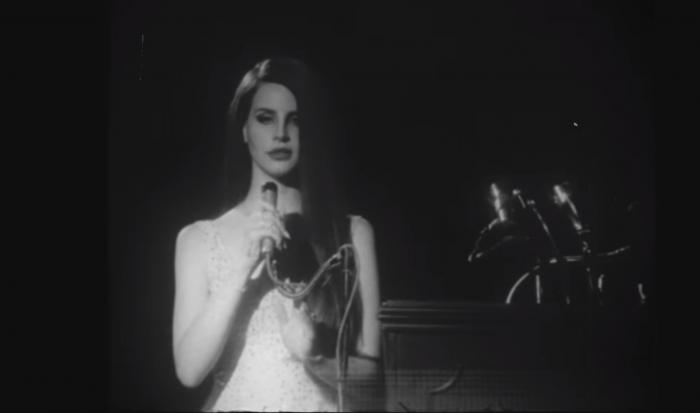
- Lana Del Rey in National Anthem music video (Image: YouTube)
-- “I sing the national anthem while I'm standing over your body.”
This striking image blends patriotism with intimacy, highlighting how personal and collective identities intertwine. The juxtaposition of the national anthem with a romantic scene implies a connection between love and national identity, elevating the personal to a larger cultural narrative.
-- “It's a love story for the new age / For the sixth page / We're on a quick, sick rampage.”
These lines frame the relationship as modern and chaotic, reflective of contemporary societal norms. The phrase "quick, sick rampage" suggests a reckless pursuit of pleasure, embodying the fast-paced, often destructive nature of modern love affairs.
-- “Blurring the lines between real and the fake / Dark and lonely, I need somebody to hold me.”
This powerful line captures the song's emotional core. Del Rey expresses a longing for authenticity in a world where appearances can be deceiving. The juxtaposition of loneliness with the desire for connection underscores the complexities of love in a superficial environment.
Through these analyses, it becomes clear that "National Anthem" is not just a love song; it’s a commentary on the interplay of wealth, identity, and the pursuit of genuine connection in modern society. Lana Del Rey masterfully intertwines personal and cultural narratives, inviting listeners to reflect on their own experiences against the backdrop of her evocative lyrics.
→→ Click to read the full version of National Anthem lyrics
What Do People Think of this Song?
Critics have praised "National Anthem" for its cinematic quality and emotional depth. Many reviews highlight how Del Rey's lush vocals and the song's sweeping production create a sense of nostalgia and longing. The blend of pop and orchestral elements enhances its storytelling, drawing listeners into the world Del Rey has created.
Fans appreciate the song's romantic yet tragic portrayal of love, resonating with its themes of passion and heartbreak. References to American icons evoke nostalgia, making it a favorite among listeners who connect with the idealized vision of romance. The music video, particularly, has garnered significant attention for its stylish visuals and compelling narrative, cementing the song's cultural status.
However, some critics argue that Del Rey’s glorification of tragic romance and the American Dream can be problematic. They caution against romanticizing love complexities in a materialistic society. This discourse reflects broader societal debates about the portrayal of love and wealth in contemporary music, placing Del Rey's work at the intersection of these discussions.

.jpg?p=17307947295242273)
